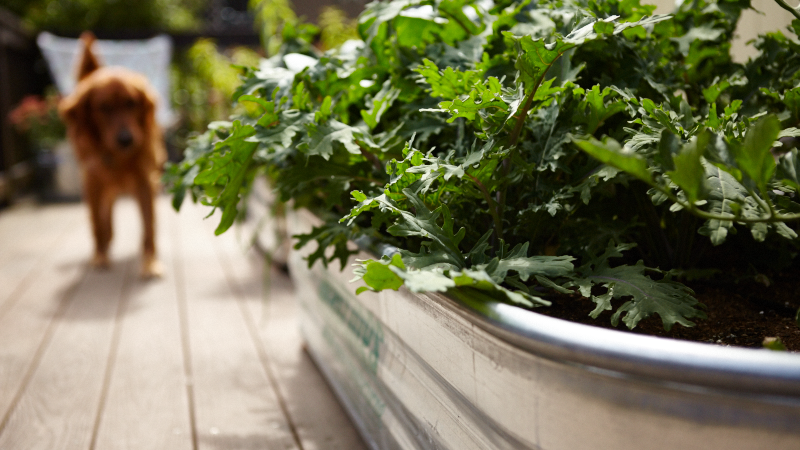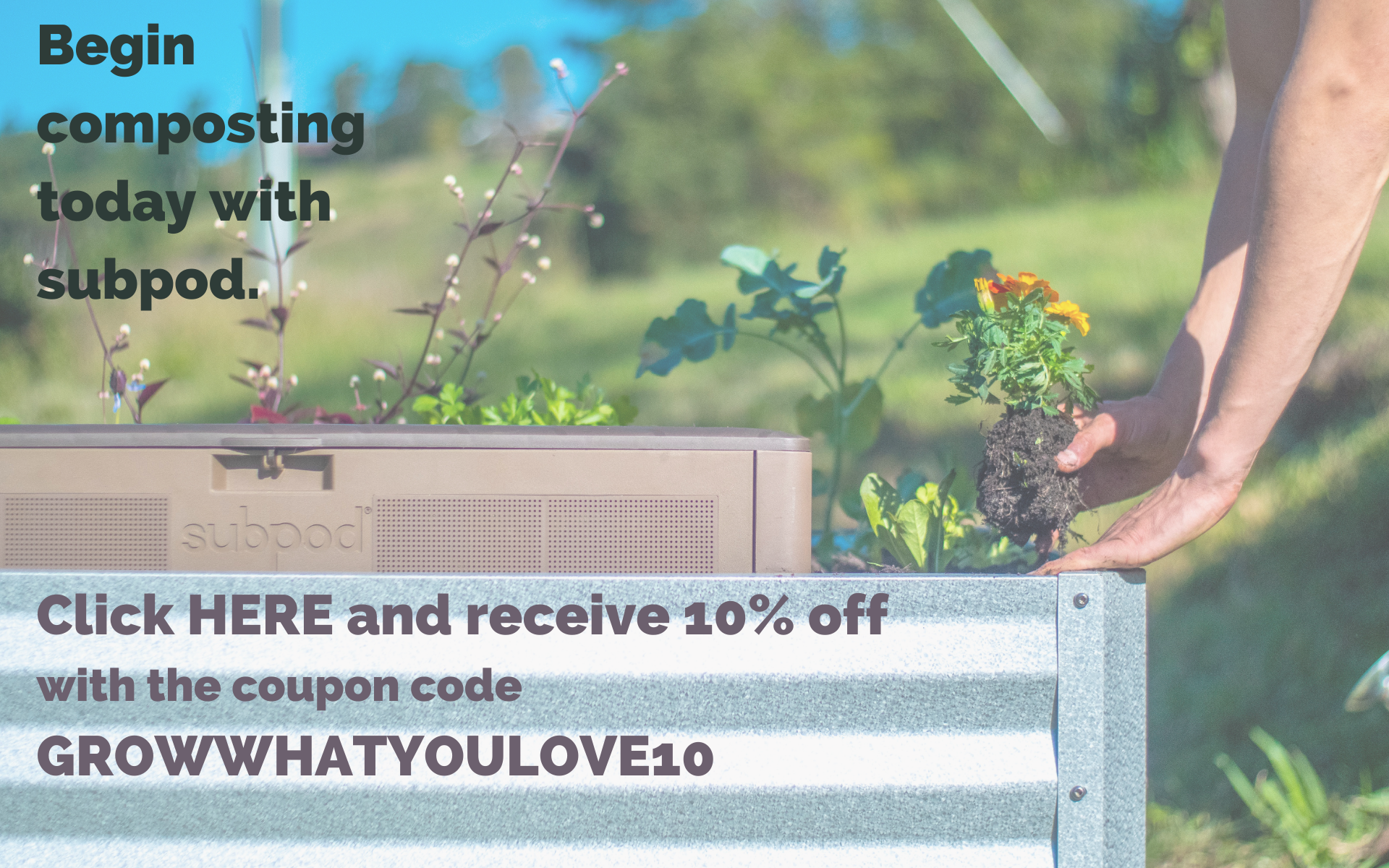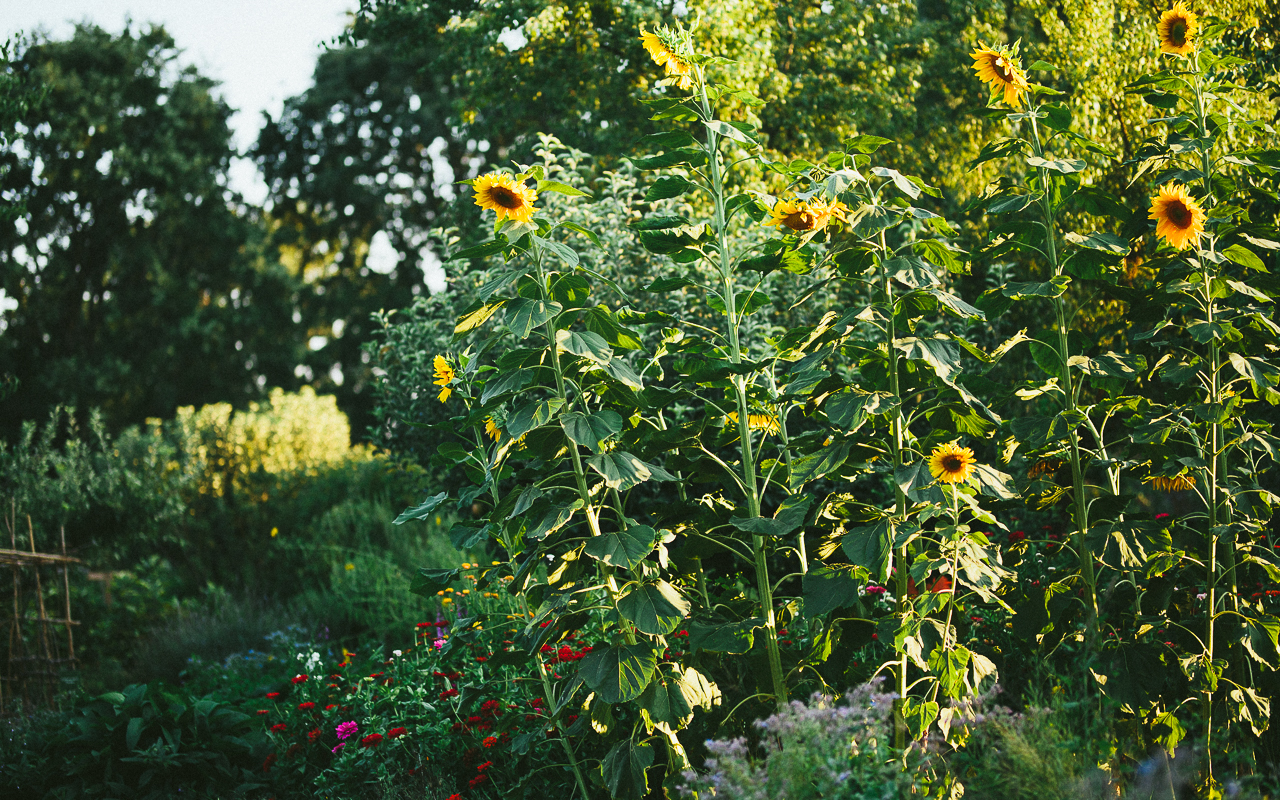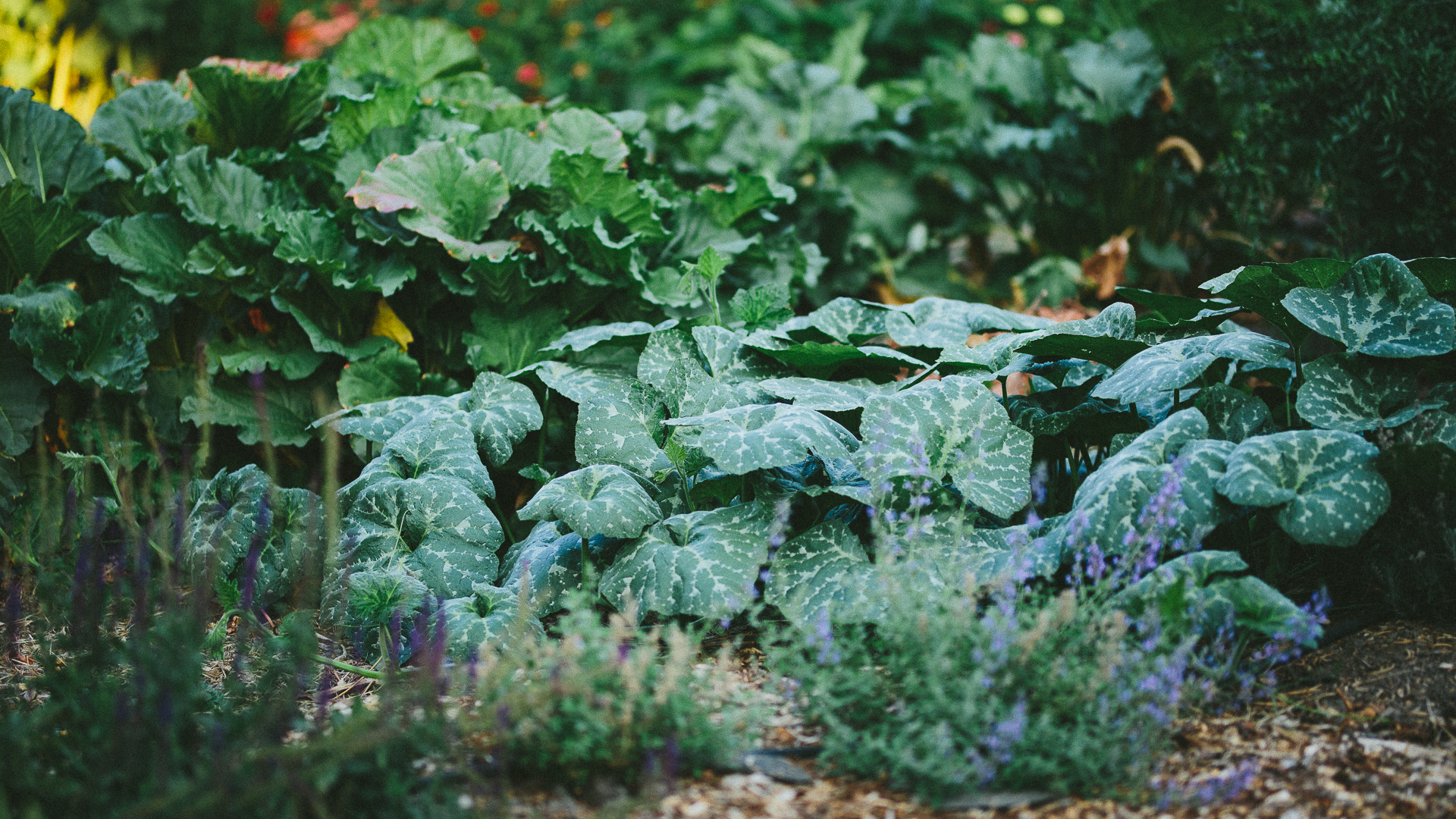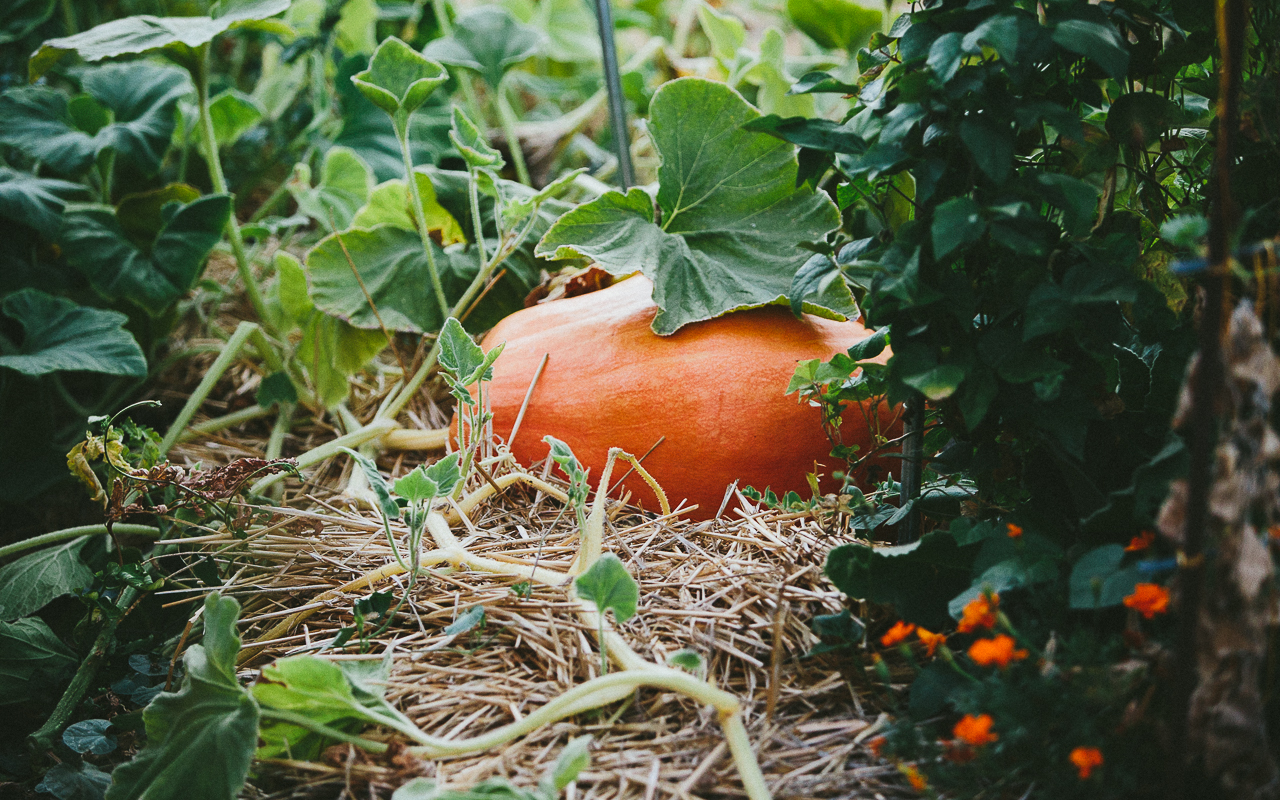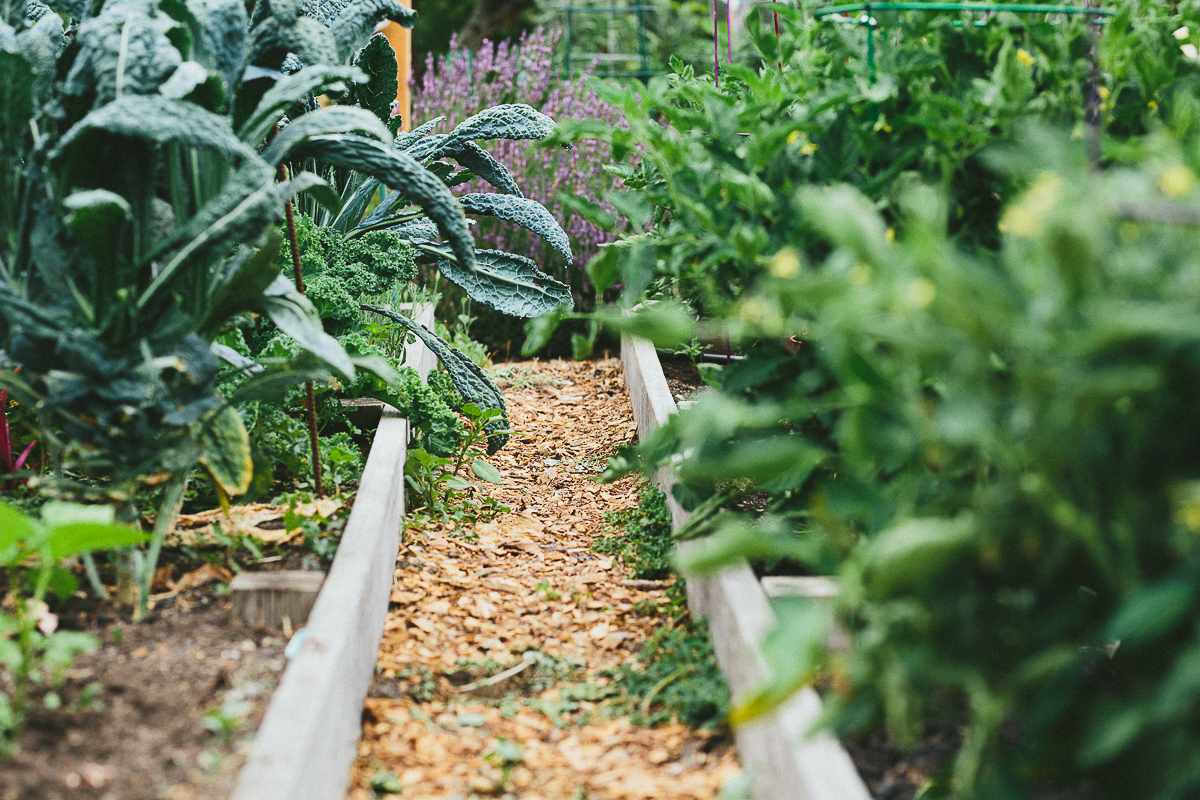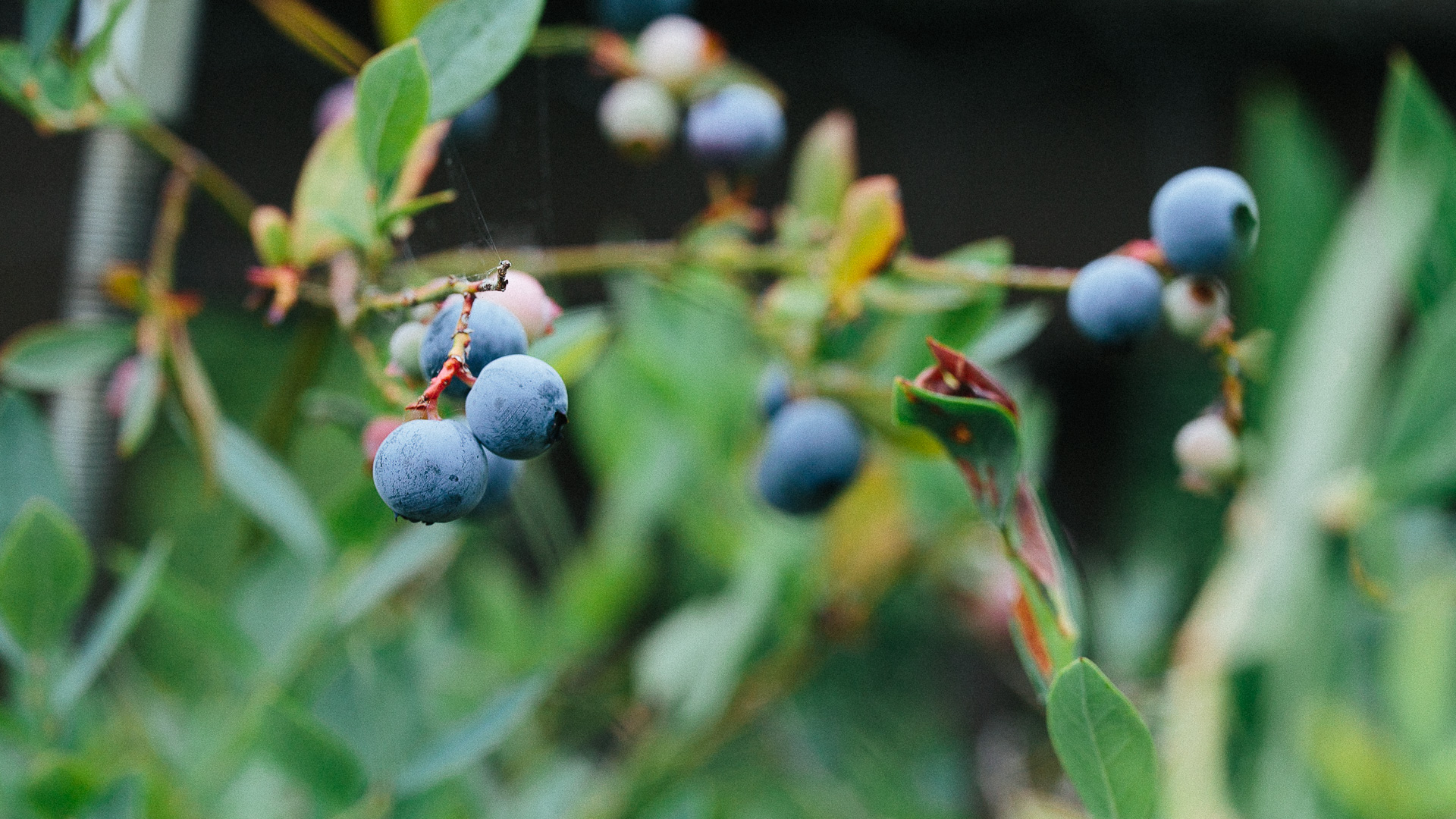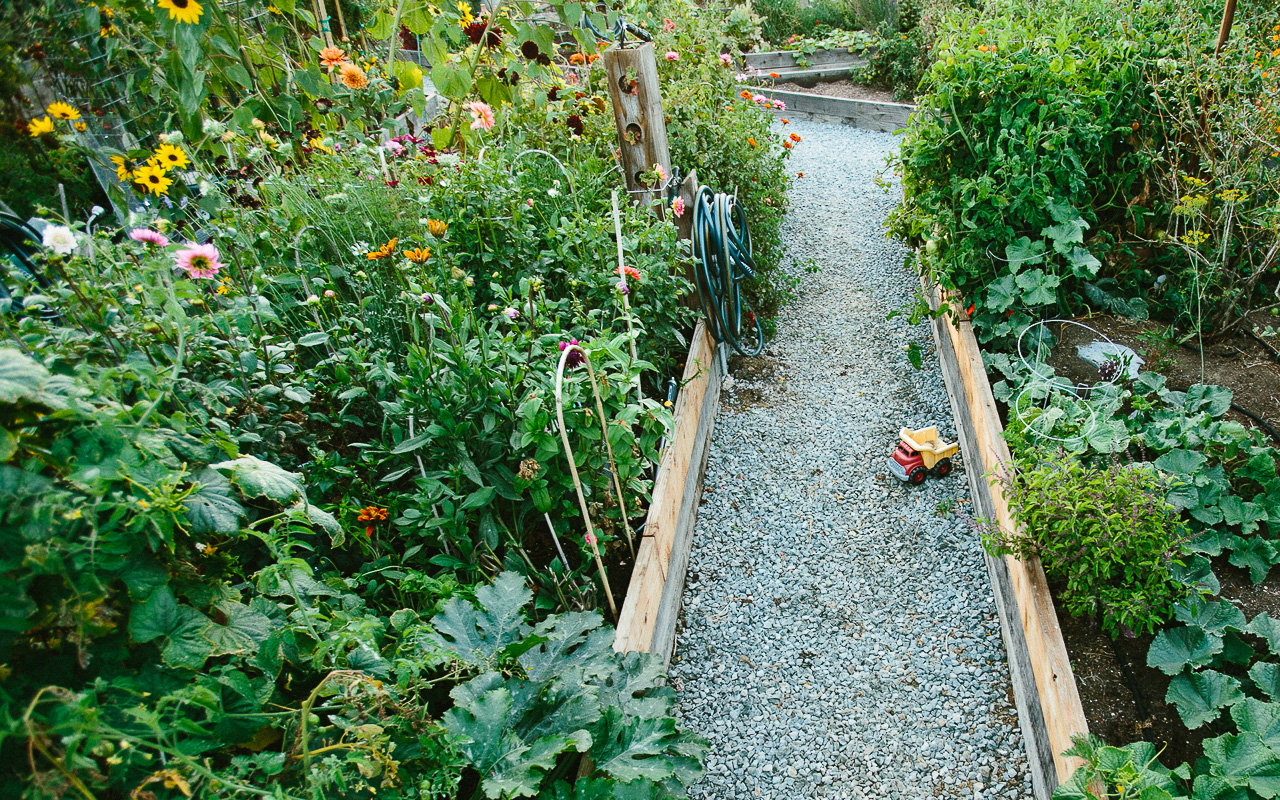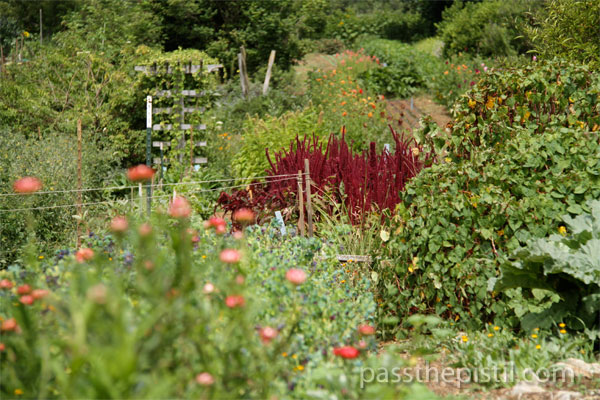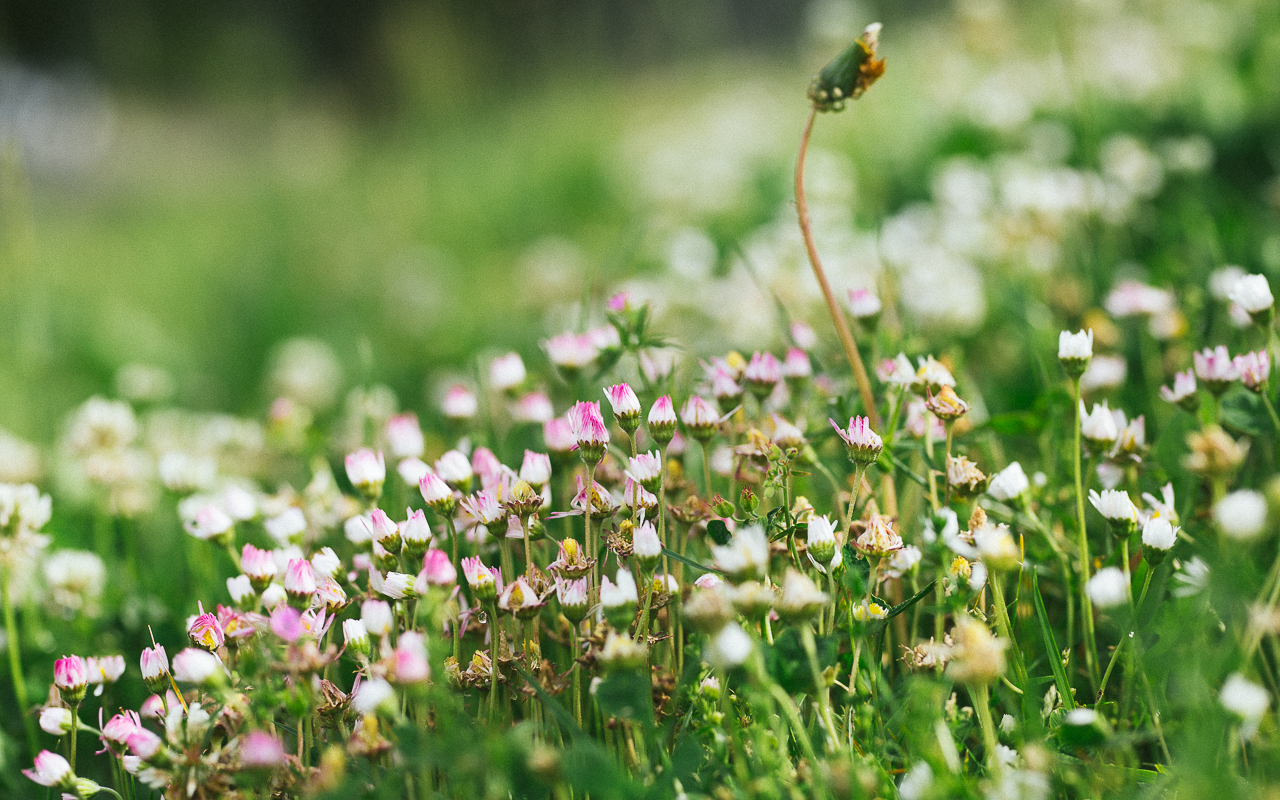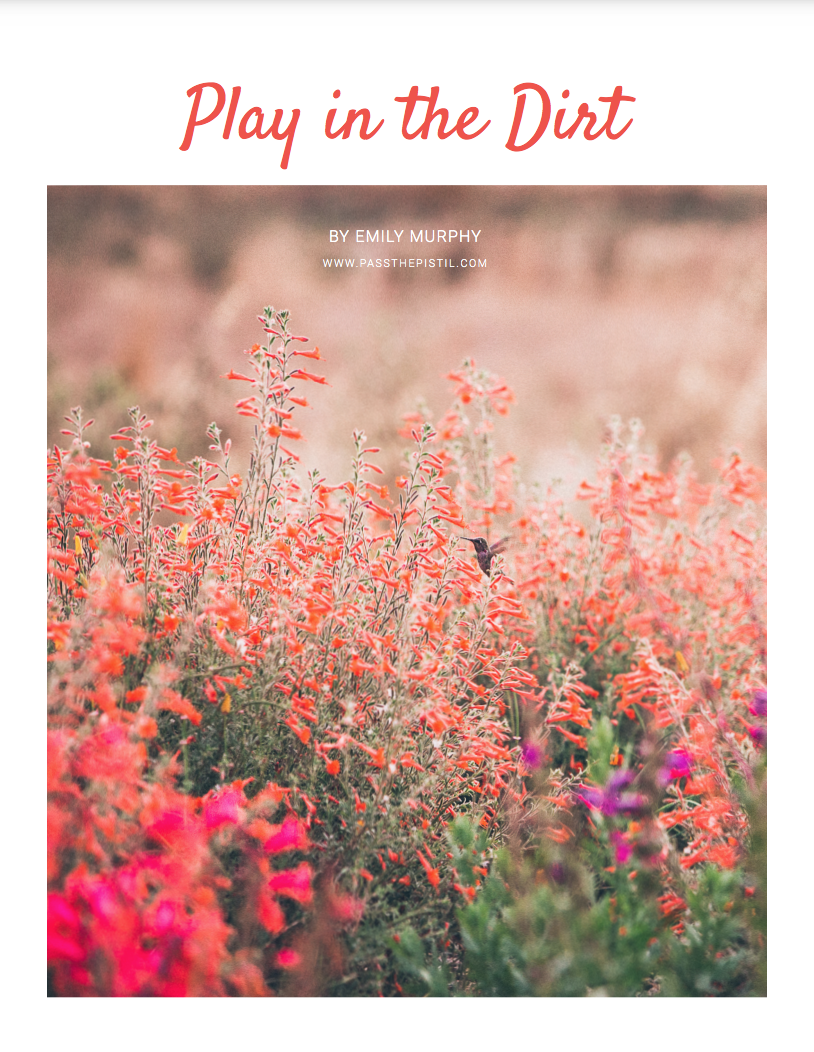What is N-P-K?
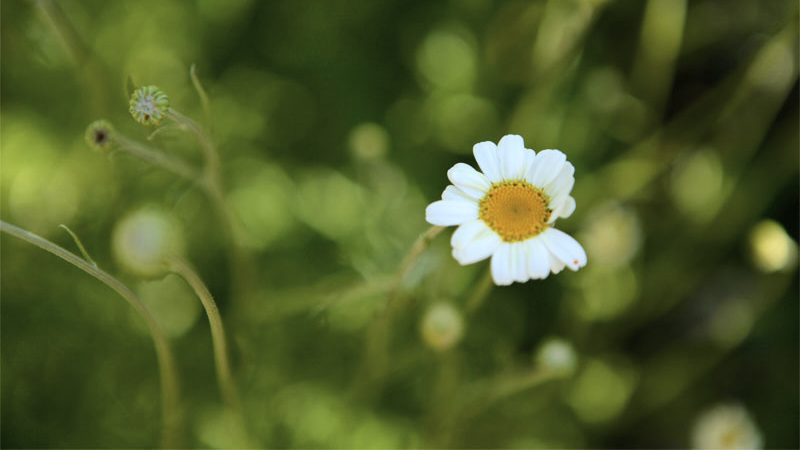

Here’s a look at that burning question, N-P-K? What is it all about anyway?
It’s on nearly every package of everything plant related, compost, fertilizers, mulch and amendments, with numbers associated with each. Sometimes zeros and sometimes fractions of whole numbers. Sometimes they’re all the same but usually not.
The basic breakdown looks like this: The letters N-P-K represent 3 of the necessary nutrients plants need to live and grow, there are others that are essential but these are the big 3. Nitrogen (N), Phosphorus (P) and Potassium (K). The numbers represent the amounts or quantity in percent or ratio that each of the nutrients can be found in a particular product.
Other important macronutrients you may find listed include Magnesium (Mg), Sulfur (S) and Calcium (Ca). Plus there is a whole group of micronutrients but let’s assume for now that a good dose of compost, mulch or leaf mold will supply what we need of these.
Nitrogen
Nitrogen is part of chlorophyll. It’s what makes plants green and is a key component in photosynthesis. It’s vital for stem and leaf development, converting the sun’s energy into sugars and overall plant growth. You’ll know when your plants need a boost of nitrogen when leaves have an overall yellow appearance and growth is generally slow.
Organic sources of nitrogen include composted manure, fish emulsion and plant based amendments made from soy or alfalfa. Growing nitrogen fixing cover crops is an ideal solution to this often elusive nutrient (Nitrogen is abundant in air but tough to convert to a soluble form taken up by plants). I love to grow fava beans but there are a ton of plants to choose from and many that grow well in most climates. Clover, rye, vetch and legumes are all great choices. They not only help fix nitrogen in the soil but protect soil from erosion, suppress weeds and improve soil structure.
If I need an organic nitrogen amendment I usually use manure, manure tea for containers, fish emulsion (as long as it’s out of the dog’s reach), cover crops and an amendment like Biosol which is soy based and designed for slow release.
Phosphorus
Phosphorus also has a hand in photosynthesis, helping create sugars and starches, and is vital for abundant and healthy flower and fruit development. You’ll know your plants need phosphorus when leaves look blue-ish, fruits lack development or taste acidic and your plant(s) have fewer blooms in general.
Applying a top dressing of compost or compost tea usually does the trick. It contains Phosphorus in a form readily available to plants. Worm castings and bone meal are other great sources of Phosphorus.
Potassium
Potassium improves the overall health of plants, helping them grow stronger and boost resistance to diseases and pests. It’s also involved in moving sugars, nutrients and water through plants, stimulating growth and improving water efficiency.
If leaf tips are curling, veins of leaves are yellowing and leaves have brown or purple spots your plants probably are potassium deficient.
Compost made from kitchen scraps and wood ash are both high in available potassium. Kelp meal or liquid seaweed and greensand are also good sources. I usually start with compost, throw in some worm castings and call it good.
If you’re amending soil with compost, worm castings and well rotted manure on a biannual basis, depending on your growing seasons and crops of course, that’s a good start.
Listen
Buy The Book
Special offers
Newsletter Signup
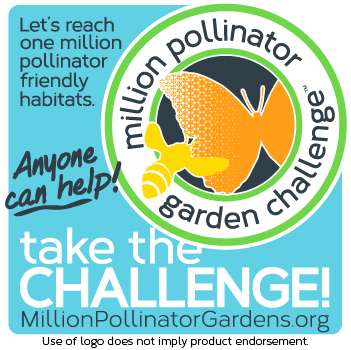
Archives
Disclosure
Pass The Pistil is a participant in the Amazon Services LLC Associates Program and other affiliate programs such as Etsy, affiliate advertising programs designed to provide a means for sites to earn fees by advertising and linking to curated affiliate sites.

